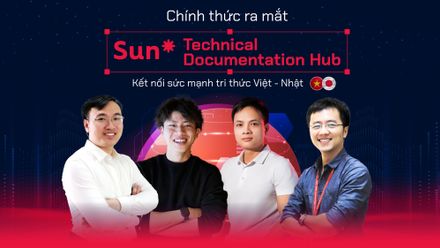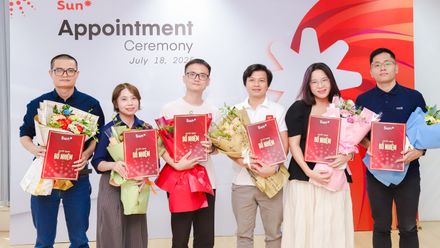HOT: Sun* Vietnam officially applies OKRs method from Quarter 2 of 2020 in order to build a motivational working environment for Sunners.
What is your goal? Who do you want to become in the future? How do you know whether your goal fits your organization’s? … All these concerns will be solved with OKRs method - a framework for defining and tracking objectives, outcomes. This will be applied into our company from Quarter 2 of 2020.
The reason Sun* decides to use OKRs
Since the very beginning, Sun* always prioritizes establishing and pursuing each member’s personal goal as well as the whole organization’s goal. However, distraction on the way to your final goal is unavoidable from time to time. This leads to your lack of motivation when facing problems in your life, because you are not sure about your goal and who you want to become in the future. In different circumstances, you may set a goal without imagining how it aligns with the mutual goal of their organization, which creates an obstacle between them.
These problems occur anywhere, anytime with anyone, any companies that the development of OKRs has become a revolution for them. After experimentation in some Units, from Quarter 2 of 2020, Sun* officially applies synchronously the famous target management method used at big companies as Google, Facebook, Microsoft, Twitter, LinkedIn, …. - OKRs.
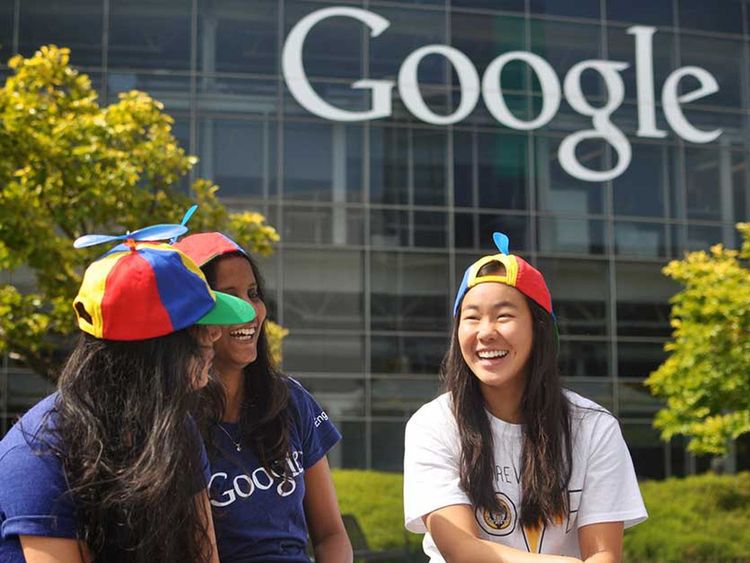
How CEO Kobayashi Taihei guided the leaders when setting goals for the Unit:
Currently, CEO Kobayashi Taihei and the Board of Directors are completing the Company and Unit 2020 OKRs. In particular, these are the things that Taihei has noted to the leaders of the Unit as well as a message to Sunner:
“In our effort to achieve Sun* mission, we believe creating an environment where members can exert individual strengths is an extremely important matter. Because of that, the first thing I expect the department to pay special attention to is the motivation, the working environment, the peace of mind and the development of members.
Secondly, we need to pay attention to those who dare to challenge themselves to "seriously face the problems of society". Because in the process of realizing the mission of creating "a world where people can be passionate about creating values", we absolutely cannot allow ourselves to disappoint these people. Let's bring quality as well as the ability to promote progress to the ultimate level.
Moreover, not only in the quality of work but all Sun* members ought to create a personality in which everyone can trust.
And to be able to do that, 7 core values are the guideline for our actions. When each member is aware of their own actions, the Sun* personality will be established.
Ultimately, their results will be reflected in the Company's revenue. The company's revenue is one of the criteria showing how Sun* has tried to contribute to society, so let's always try to improve it.” - Kobayashi Taihei said.
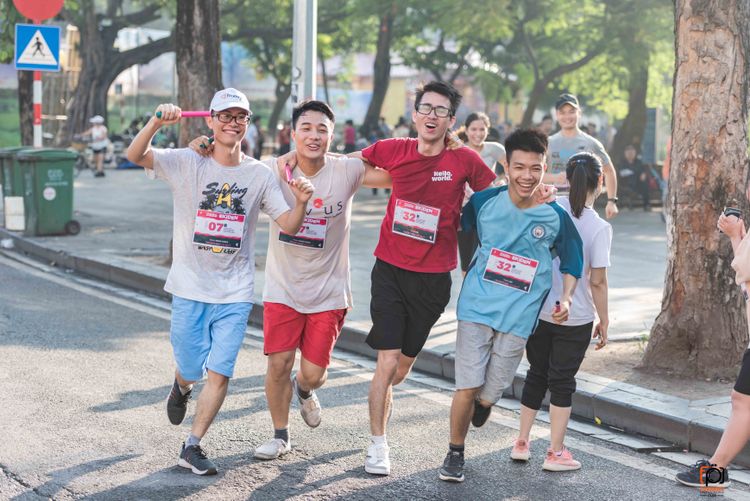
Some first OKRs Q&A (PART 1) If the OKRs are not achieved, is there any negative evaluation? Sun* wants to use OKRs to motivate each Sunner pursuing his own personal by sharing it with others and understanding how it connects to the mual goal of the organization. However, OKRs is not a factor to evaluate your own performance or salary review. OKRs acknowledges how you strive to reach your objectives and improve from the lessons. For instance, you only reach 40% of your goal, but if you are able to define the reason and come up with a better solution next time for the same work, and share that with your team/leader for improvement in the future, the value of your action may not less than reaching 100% of a simple target. If there is any negative evaluation for each time you do not reach your goal, many people won’t dare to set a higher target for a better attempt, the organization can’t go far with that.
Is there any penalty for members that do not follow OKRs seriously? Penalty is not used to force people to follow OKRs. The purpose of OKRs is to connect company, team, and personal goals to measurable results while having all team members and leaders work together in one, unified direction. When an individual is not committed to his own goal, the mutual goal of the whole organization can be inadequate. Otherwise, you will be motivated when finding out some target is possible for others but not you. Therefore, how you apply OKRs matters to the success of this method when the commitment is shared between the management team. A clear understanding of the mutual goal and personal goal needs to be defined in the periodic meetings of each Unit/Group/Team. OKR should be combined with CFR: (C)Conversations: an authentic, richly textured exchange between manager and contributor, aimed at driving performance. (F)Feedback: bidirectional or networked communication among peers to evaluate progress and guide future improvement. (R)Recognition: expressions of appreciation to deserving individuals for contributions..
Is an individual allowed to set his own OKRs without matching it with the organization's OKRs? The organization's OKRs are given by two-way consensus from the bottom up and from the top down within the organization. For this reason, OKRs show us what is the essential thing to focus within a million things that we want to do. Consequently, an individual’s personal goal that does not go with the mutual goal can lead to distraction on the target. Please notice that we mention THE IMPORTANT THING, for example, if a member sets a goal of studying Korean at xx level with the thought of using it in case Korean customers visit our company. In fact, this is not incorrect but it’s not the important thing to focus currently. However, of course, if this is his own added target besides the target that is associated with the organization, and it’s a good thing to share all together. 4. How do I access the OKRs timeline of the company and my unit? Please find more details here: 5. Can I see the overall goal of the company or of other departments and where? Transparency is an important characteristic of OKRs. The goals of the organization and individuals are completely shared publicly. S*Goal is the software that SVN will use to implement OKRs. Currently, the development team is focusing on improving the performance of the system before all members set their individual OKRs on April 3. So during this phase, the OKRs of the company, Unit, Group and teams are currently being managed, temporarily modified in the spreadsheet file stored in the URL link above, the files are all set to view for all Sunner. On 2/4 after finalizing, these targets will also be uploaded entirely on S*Goal. 6. Which department of the company has already implemented OKRs and what are the results? Some departments have implemented an OKRs trial such as R&D, Education, HRV etc. Notably, R&D has had 3 OKRs periods, after many initial difficulties, now R&D can be said to be quite successful with OKRs as members even update OKRs status daily, or at least weekly. More than 90% of the Unit's assess OKRs to be really effective and believe that it is necessary to continue developing OKRs. We can read more about the experiences, results and sharing during the implementation of the R&D Unit HERE: |
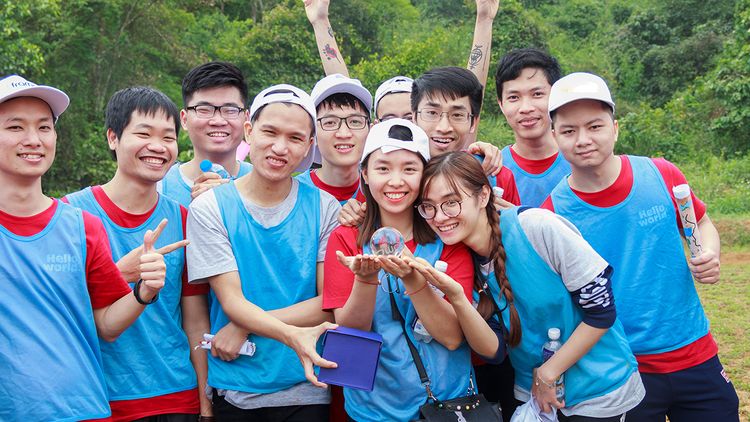
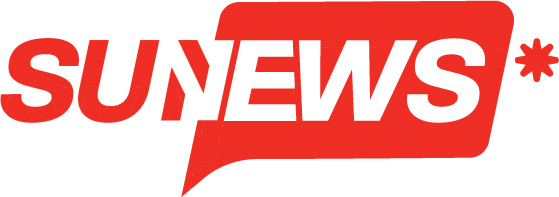
 VI
VI EN
EN